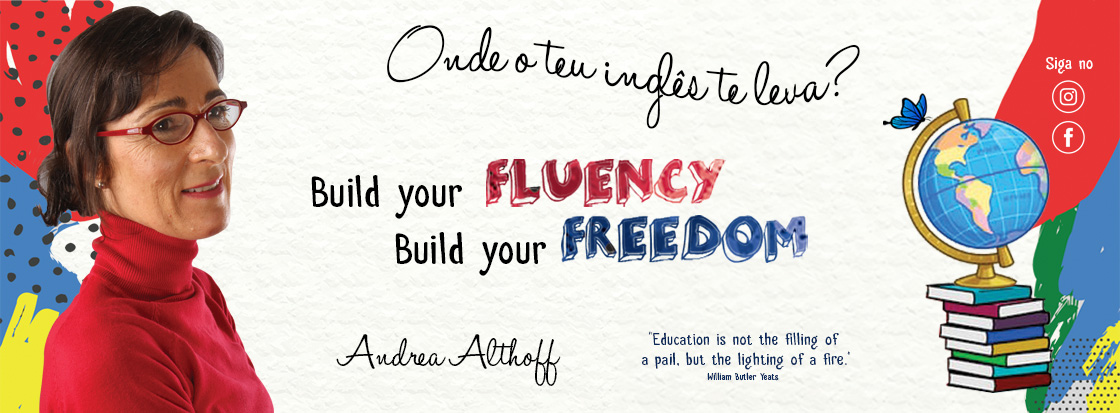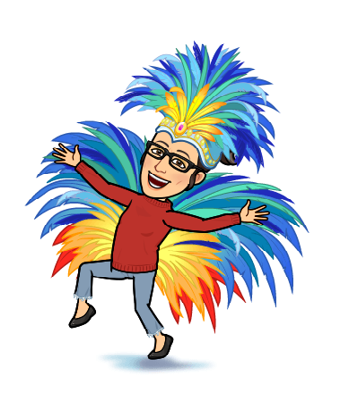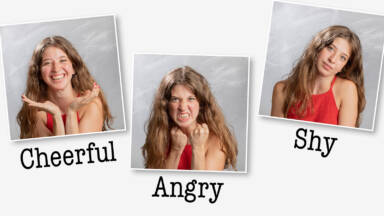
Carnival in Brazil is part of Brazilian culture and starts on the Friday before Ash Wednesday and ends on Ash Wednesday at noon.
It’s a big celebration of the food and pleasures one has to give up during Lent.
Because the celebrations happen during Brazil’s summer, the ambiance is perfect for massive parties. There is even a common saying in Brazil that “the year starts only after Carnival,” referring to the number of people that take their holidays between New Year’s and Carnival, a national holiday.
How about learning the main words about carnival in English? Listen to pronunciation and note the words, not on the lists below.
Vocabulário geral
| English | Português |
| Street Carnival | Carnaval de rua |
| Samba schools parade | Desfile das escolas de samba |
| Costumes | Fantasias |
| Reveler | Folião |
| Carnival blocks | Blocos de Carnaval |
| Carnival warm-up | Esquenta de Carnaval |
| Costume | Fantasia |
| Sequin | Lantejoula |
| Feathers | Penas |
Nas escolas de samba
| English | Português |
| Choreography | Coreografia |
| Sambadrome | Sambódromo |
| Flag bearer | Porta-bandeira |
| Drum section | Ala da bateria |
| Drum section queen | Rainha da bateria |
| Floats | Carros alegóricos |
| Revelers / Paraders | Participantes ou público dos desfiles |
| Wing / Section | Ala |
| Suites | Camarotes |
| Rehearsals | Ensaios |
| Access group | Grupo de acesso |
| Special group | Grupo especial |
| Parade of champions | Desfile das campeãs |
Extra
- Band on a float – Trio elétrico
- Carnival ball – Baile de Carnaval
- Carnival marchs – Marchinhas de Carnaval
- Commission of front – Comissão de frente
- Revelry – Folia
- Samba schools rehersals – Ensaios das escolas de samba
- Samba-plot/story – Samba–enredo
Sobre as datas
| English | Português |
| Holiday | Feriado |
| Mardi Gras / Fat Tuesday | Terça-feira de Carnaval |
| Ash Wednesday | Quarta-feira de Cinzas |
| Lent | Quaresma |
Verbos úteis
| English | Português |
| (To) celebrate Carnival | Pular Carnaval |
| (To) dress up as | Vestir-se de |
| (To) parade | Desfilar |
| (To) samba | Sambar |
Frases úteis
- Where are you celebrating the carnival? Onde você vai pular o carnaval?
- Are you going to parade in a street block this year? Você vai desfilar em algum bloco de rua esse ano?
- The revelers of the drum section are wearing beautiful costumes! Os foliões da ala de bateria estão usando fantasias lindas!
- Let’s go to the bleachers to watch the parade of champions. Vamos para as arquibancadas para vermos o desfile das campeãs.
Now, marchinhas em inglês
Have fun!







